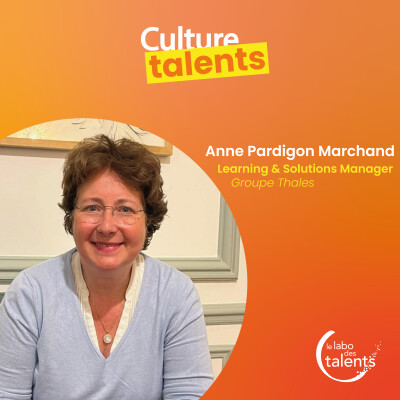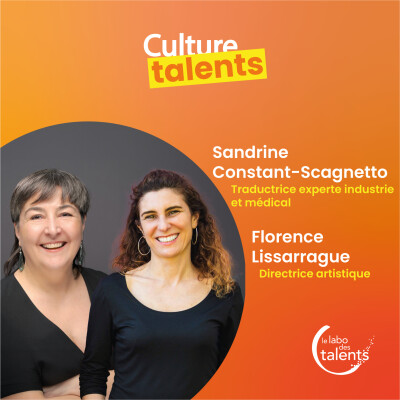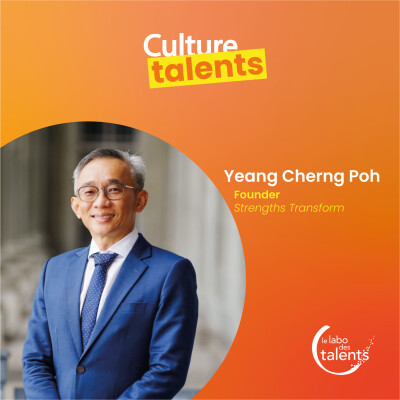Description
In this episode of Culture Talents, Florence Hardy welcomes Ariadne De Oliveira, a global leader in the FMCG industries with a transformative career spanning more than 25 years across brands like Danone, Wella, and Nestlé.
Originally from Brazil, Ariadne shares how her talents, Strategic, Ideation, Achiever, Activator, Learner, have shaped her leadership journey across continents and cultures.
From driving innovation to navigating the complexities of global markets, she offers an inspiring look at how knowing and leveraging your strengths can unlock powerful results.
Through personal reflections and practical insights, Ariadne explores what it means to lead with vision in a world shaped by change, technology, and diversity. A rich conversation for anyone curious about the real impact of talent in leadership, transformation, and personal growth.
Enjoy the episode !
Are you too a lifelong learner?
If you want to lean in to the future with Ariadne de Oliveria, here is the book she recommended during our conversation.
Winning the Right Game: How to Disrupt, Defend, and Deliver in a Changing World (Management on the Cutting Edge),by Ron Adner - MIT Press, 2023.
-----------
Want to find out more? At the Lab we're always happy to chat, so let us know on Linkedin or www.labodestalents.fr/en
-----------
Culture Talents is a podcast produced by Le Labo des Talents.
Hosted by Florence Hardy
Produced by César Defoort | Natif.
Florence Hardy and the coaches at Le Labo des Talents are certified by Gallup. However, we would like to point out that Le Labo des Talents is not affiliated with nor represents Gallup.
The ideas we share here are not officially controlled, approved or endorsed by Gallup Inc. Gallup®, CliftonStrengths® and the 34 CliftonStrengths® theme names are the property of Gallup, Inc. For more information, visit www.gallup.com.
Hébergé par Ausha. Visitez ausha.co/politique-de-confidentialite pour plus d'informations.




